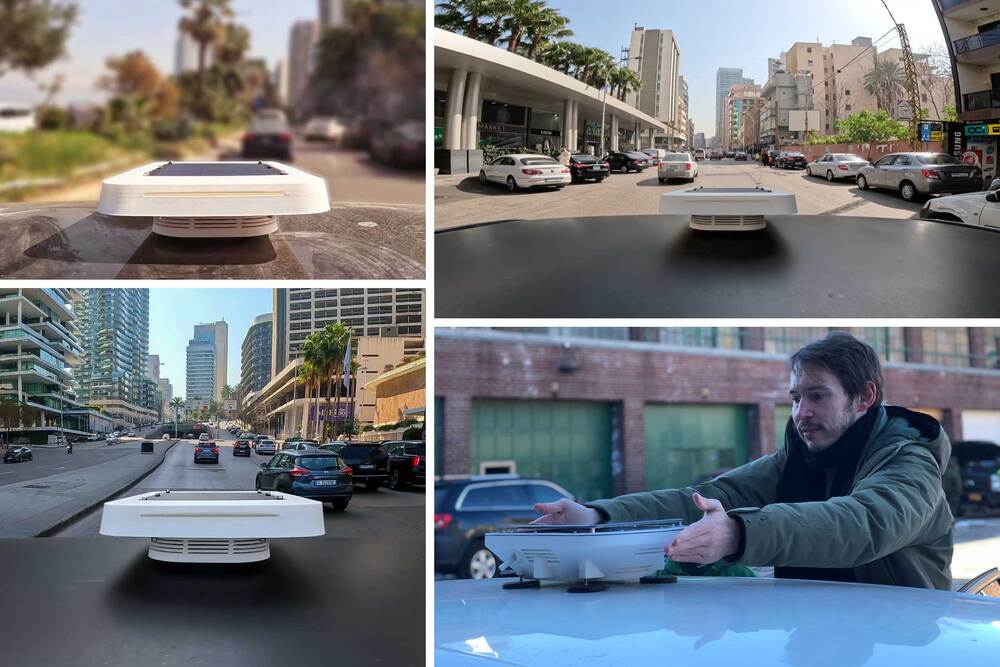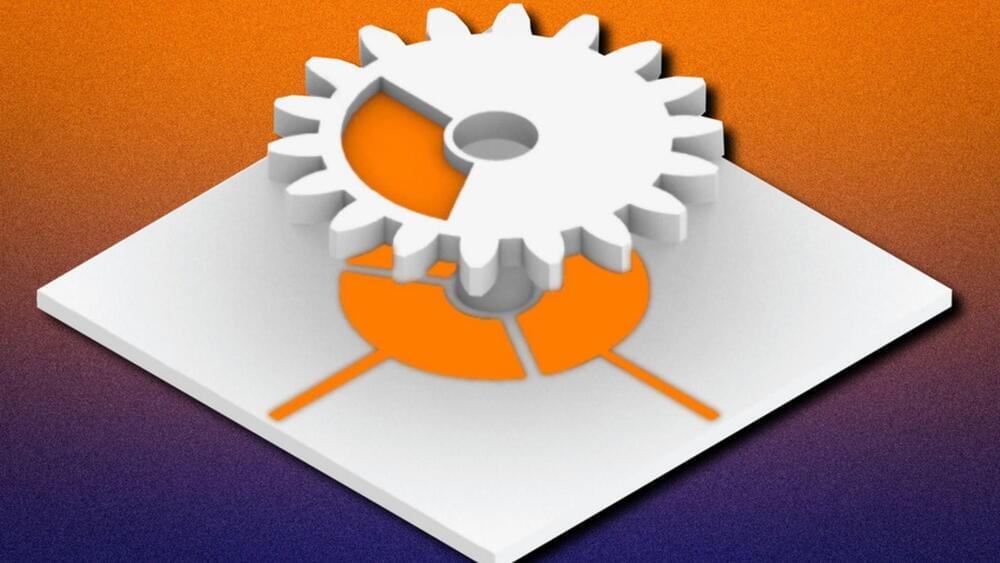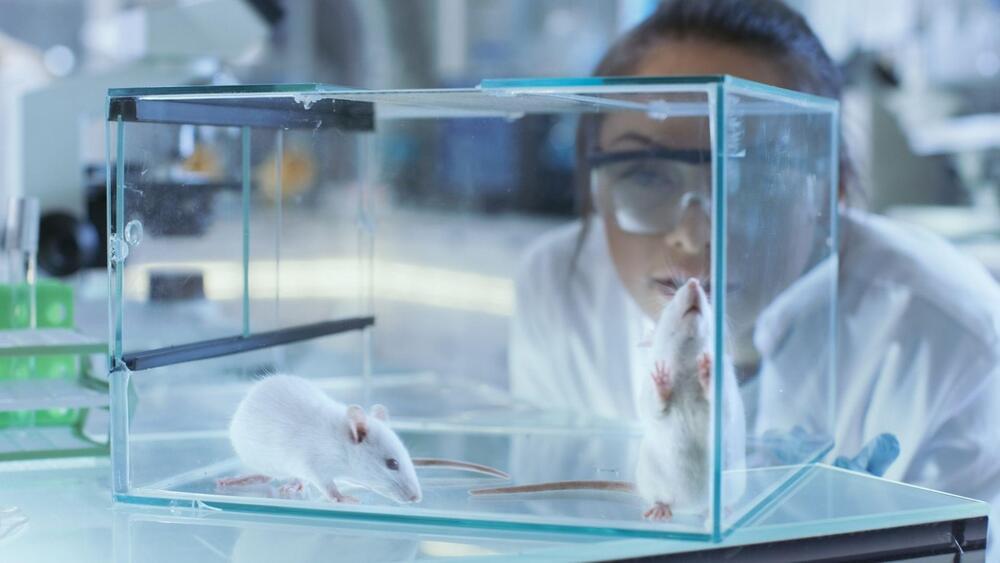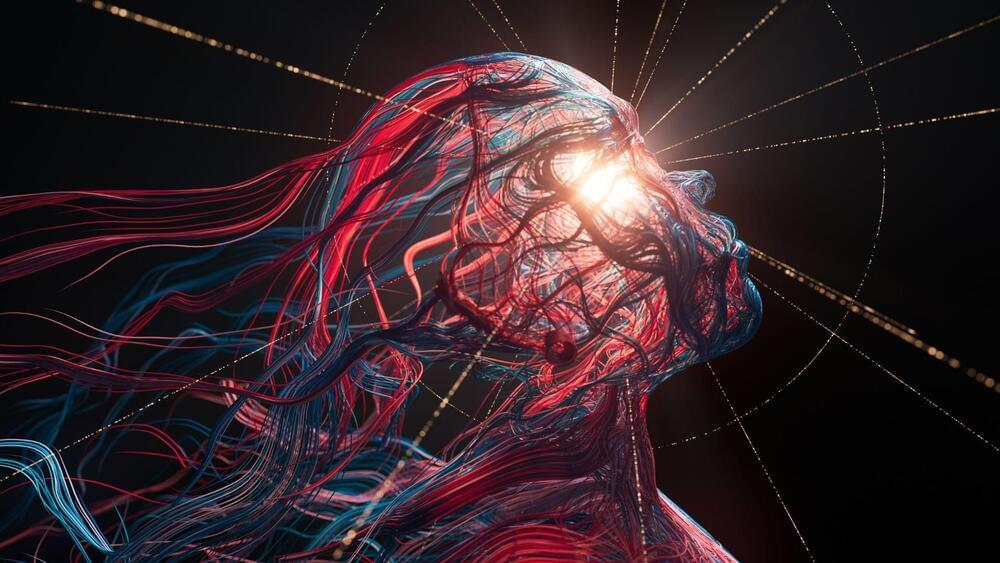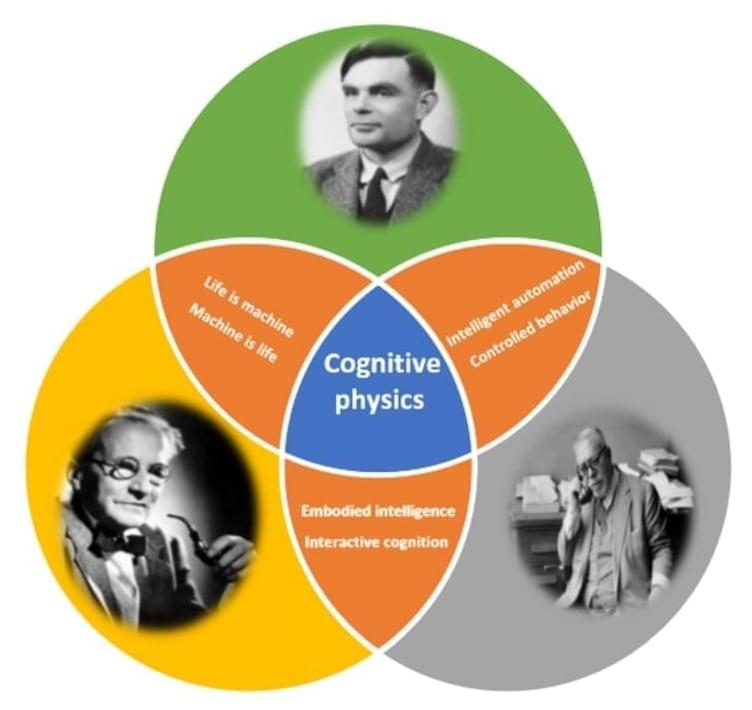The researchers hope to develop strategies to stop or at least restrict growth at the negative pole.
Researchers at the Max Planck Institute for Polymer Research have focused on the life cycle of solid-state batteries, and their research could lead to longer-lasting batteries.
The so-called “solid-state batteries” are considered the “Holy Grail” of battery development. They no longer have a liquid core, like modern batteries, but rather a solid substance. This has various benefits, including the fact that these batteries may be produced on a smaller scale and are trickier to ignite.
John D/iStock.

